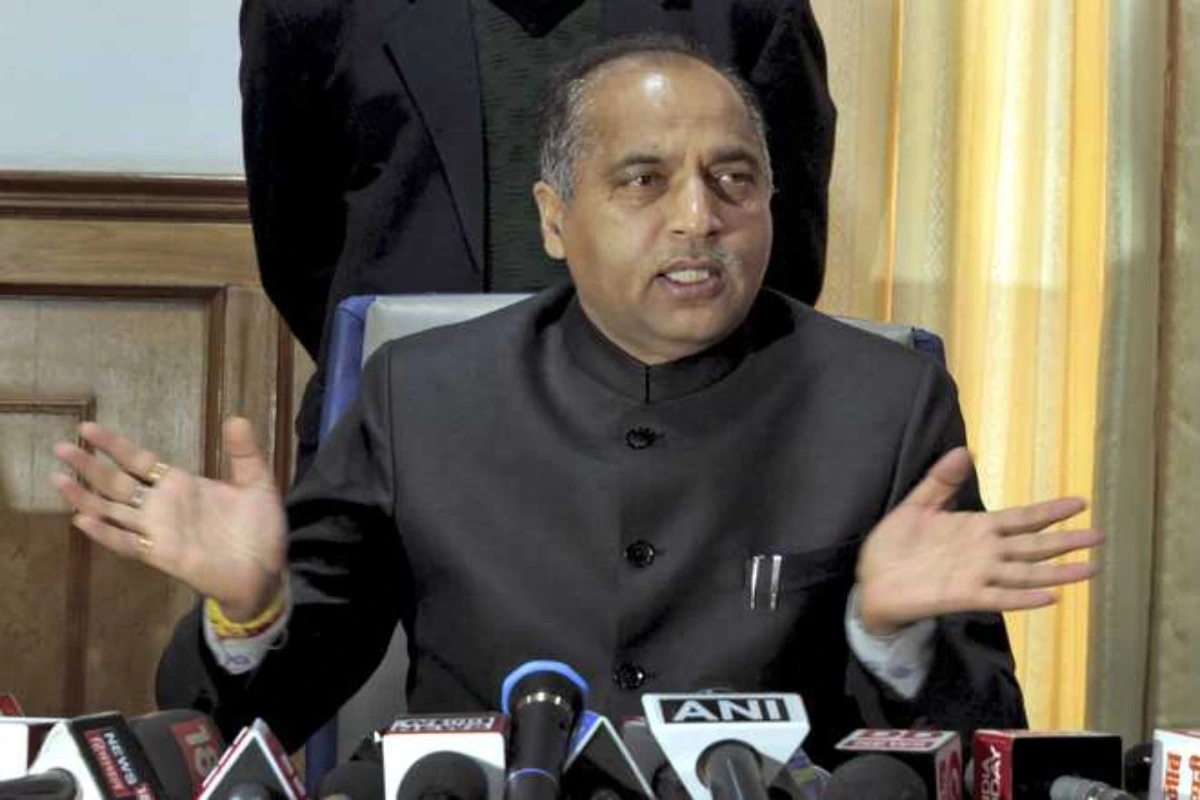Flexi staffing increased in important industries like e-commerce, logistics, manufacturing, tourism and hospitality, fast-moving consumer goods (FMCG), consumer durables, and healthcare, according to a report released by the Indian Staffing Federation (ISF) on Tuesday. However, the IT sector saw a decline in the financial year 2022–23. According to surveys that look ahead, employment conditions are displaying more positive feelings, according to a different report from DBS.
1.77 Lakh New Flex Positions Created in India
According to the ISF’s Annual Flexi Staffing Industry Employment Trend Report-2023, the number of jobs in the flex staffing sector increased by 14% in India in 2022–2023. 1.77 lakh new flexible positions were created in FY23, and women made up 24% of the flexible workforce at that time. According to the research, as of March 2023, the total number of flex workers engaged by IFS members was 14.4 lakh. 1.47 lakh new flexi jobs in general staffing positions were added during FY23, representing a 15.3% growth in new flexi jobs (excluding IT Flexi Staffing). By the conclusion of the previous fiscal year, new flex jobs in the IT staffing segment had decreased by 7.7% year over year.
Must Read: ‘Even deadlier than Covid…’: WHO chief warns of ‘another pandemic’
FMCG, E-commerce, Manufacturing Lead Flex Staffing Growth
“Sectors like FMCG, e-commerce, manufacturing, healthcare, retail, logistics, banking, and energy were the main drivers of demand for jobs in general flex staffing. On the other hand, during the same period, IT flexi staffing saw a fall of 6% quarter over quarter. According to the report, the decline in the creation of new jobs in the IT Flexi Staffing industry “mirrored the global slowdown in IT recruiting and the ongoing process of employment right-sizing across markets. The senior economist of DBS Bank, Radhika Rao, stated that jobless rates have significantly decreased from their peak during the middle of the pandemic. The breakdown of employment by geography and job type, however, indicated that self-employment was more prevalent in rural areas while regular salaried employment was more prevalent in urban areas. According to the statement, “Manufacturing goods exports continue to outpace labor-intensive segments, reflecting the changing dynamics in the country’s export basket, including in niches like electronics, engineering goods, and specialty chemicals.”
Must Read: Revamping Technology Laws, Draft of Digital India Bill to be Released in June
Keep watching our YouTube Channel ‘DNP INDIA’. Also, please subscribe and follow us on FACEBOOK, INSTAGRAM, and TWITTER












